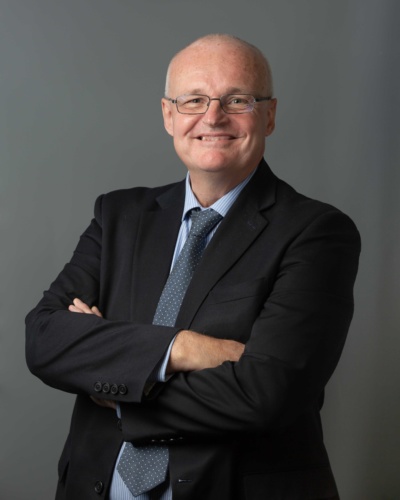Interview: ATI's Mark Scully on innovations in aviation propulsion
As part of a series of articles exploring the propulsion technologies that will shape the future of key transport sectors The Engineer spoke to
Mark Scully, head of technology, advanced systems & propulsion at the Aerospace Technology Institute about the innovations that will propel the aviation sector towards net zero.
 The ATI’s focus on sustainability covers air vehicles, flight operations, manufacturing, ground operations, through-life support, and low-carbon-impact power sources. Specifically, for propulsion we need to look at alternative energy/power sources to achieve the transition to net zero.
The ATI’s focus on sustainability covers air vehicles, flight operations, manufacturing, ground operations, through-life support, and low-carbon-impact power sources. Specifically, for propulsion we need to look at alternative energy/power sources to achieve the transition to net zero.
It is not a case of ‘one size fits all’. Technologies we are supporting include batteries for short range all-electric aircraft; liquid and gaseous hydrogen for short- and regional-range fuel cell-hybrid, gas turbine-hybrid or gas turbine powered aircraft; and drop-in sustainable alternative fuels derived from biomass-to-liquid or power-to-liquid approaches.
The priorities for future propulsion and power systems are to increase propulsive and energy efficiency, reduce emissions and reduce operational cost. That could come from configurations that include all-electric, series and parallel hybrid, geared turbofans (with options for variable pitch fans and/or hybridisation), and in the longer term the introduction of superconducting electric fan propulsors. It’s important we keep stimulating innovation across a range of configurations.
Register now to continue reading
Thanks for visiting The Engineer. You’ve now reached your monthly limit of premium content. Register for free to unlock unlimited access to all of our premium content, as well as the latest technology news, industry opinion and special reports.
Benefits of registering
-
In-depth insights and coverage of key emerging trends
-
Unrestricted access to special reports throughout the year
-
Daily technology news delivered straight to your inbox










National Gas receives funding to develop Gravitricity underground hydrogen storage system
One single rock salt mine - Winsford - has 23 <i>MILLION </i>cubic metres of void and even allowing for 10% of that void set aside for hazardous waste...